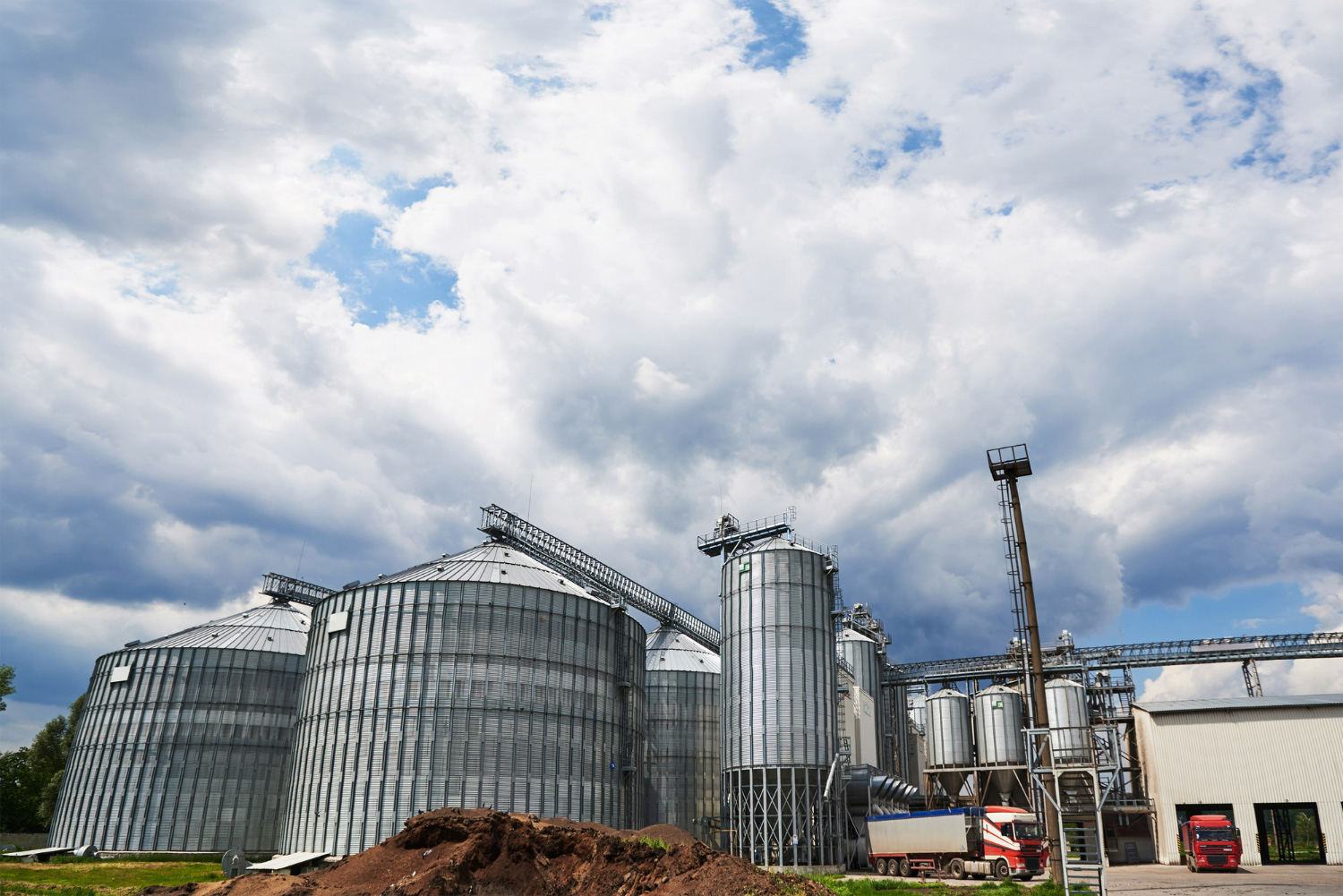Palm oil is widely used across industries such as food, personal care, and biofuels. Global production has surged from 24 million tons in 2000 to 77 million tons in 2023, driven by rising demand due to population growth and urbanization.
To address environmental, social, and economic challenges, the palm oil industry must prioritize innovation. Advanced technologies, like the Internet of Things (IoT) and biotechnology, offer solutions to improve efficiency and sustainability. IoT can optimize irrigation, while biotechnology can enhance oil extraction and reduce pollution. Companies like Sime Darby have already seen success with enzyme-assisted processes, boosting oil recovery and cutting waste.
Renewable Energy and Waste Utilization
Palm oil waste, particularly mill effluent (POME), can be used to generate renewable biogas, reducing greenhouse gas emissions. The industry can also convert POME into biodiesel, which emits 80% less greenhouse gas compared to traditional diesel. Although biogas plants exist, further investment is needed to fully harness this potential, especially in rural areas.
Circular Economy and Biorefining
By adopting a circular economy approach, the industry can utilize biomass like palm leaves and kernel cake for bioethanol production, which emits 86% less greenhouse gas than gasoline. Additionally, by-products like DDGS can serve as animal feed, creating new business opportunities.
Key to Sustainability and Competitiveness
Innovation is essential for the palm oil industry to remain competitive and address ecological concerns. By adopting new technologies and business models, it can improve sustainability, efficiency, and address social and environmental issues, ensuring a more ethical and responsible future.

